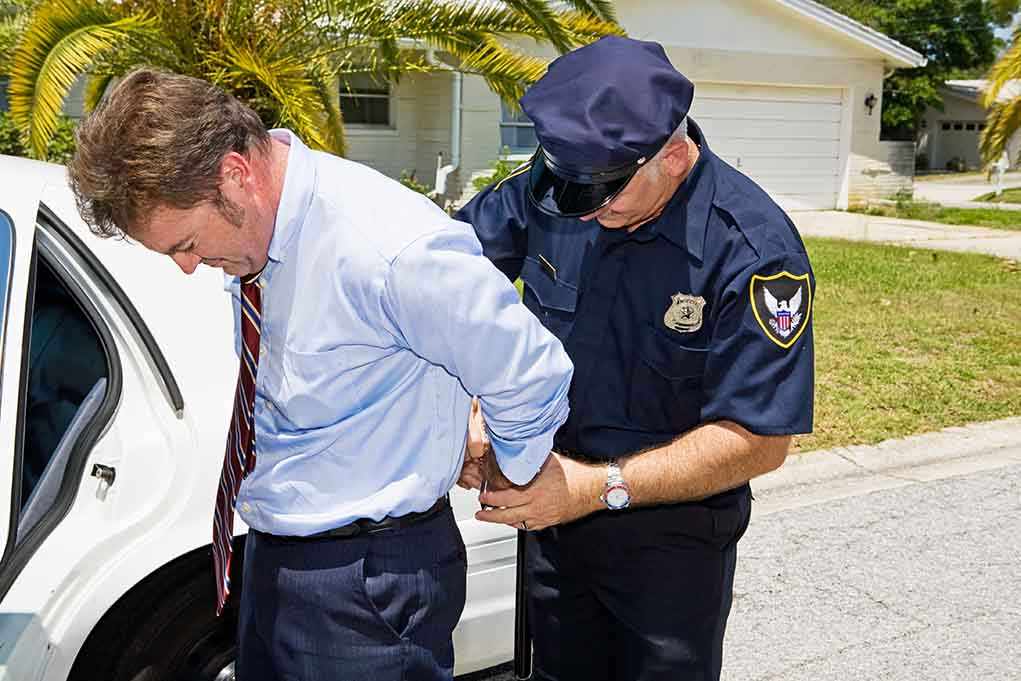
When a man wearing both a priest’s collar and a government badge stands accused of raping a disabled, autistic child for a decade, the old lines between sanctuary and state authority vanish, leaving only the raw question: who was ever watching the watchers?
Story Snapshot
- A former Louisiana priest and high-level state official, Mark Francis Ford, was arrested on charges of raping a physically disabled, autistic child he met through ministry.
- The abuse allegedly spanned from the child’s age of 10 through 2023, even after Ford left the priesthood for state government work.
- The case exposes Louisiana’s entrenched legacy of clergy abuse, institutional secrecy, and the unchecked movement of individuals between church and state power.
- Survivor advocacy and media scrutiny are now driving calls for reform and accountability amid deep public mistrust.
Two Worlds, One Predator: The Collapse of Sacred and Secular Trust
Mark Francis Ford’s story does not begin in the shadows, but beneath the bright lights of pulpits and the marble corridors of government. Ford, 64, first gained trust as a Catholic priest in New Orleans, ministering to the vulnerable. Then, he transitioned to the inner circle of Louisiana’s political elite, serving governors Kathleen Blanco and Bobby Jindal. Within those hallowed and powerful institutions, he allegedly found—then exploited—a child doubly vulnerable: physically disabled, autistic, and dependent on the very adults meant to offer protection.
U.S. Marshals arrested Ford in Indiana in September 2025, acting on a New Orleans warrant. The charges: first-degree rape, kidnapping, sexual battery, and indecent behavior with a juvenile. According to the victim’s attorney, the abuse began around 2013, when the child was just 10, and did not stop until 2023. Ford, now jailed without bond, awaits extradition to face justice in New Orleans. His case is not just a prosecution—it’s a reckoning for every institution that gave him a platform and a cloak of authority.
Louisiana’s Pattern: A State That Protects Its Own—Until It Can’t
Louisiana’s Catholic Church has weathered sexual abuse scandals since the 1980s, yet systemic change remains elusive. The infamous Gilbert Gauthe case exposed decades of abuse and cover-up, while the Lawrence Hecker scandal revealed how church officials quietly shuffled predators rather than alert the public or law enforcement. The Ford case continues this legacy, but with a twist: this time, the accused crossed from the pulpit to the government payroll, slipping through two sets of institutional safety nets designed to catch those who prey on the vulnerable.
The Archdiocese of New Orleans, already battered by bankruptcy filings and mounting lawsuits, faces renewed scrutiny for its history of secrecy and survivor intimidation. Meanwhile, the Louisiana state government, which hired Ford after his priesthood, now confronts questions about its own vetting and oversight. The duality is striking: the very organizations tasked with providing refuge and justice now sit under the harshest spotlight, accused by proxy of enabling abuse through silence or negligence.
The Victim’s Story: Vulnerability Exploited, Justice Delayed
The alleged victim’s story is a gut punch to any notion of institutional guardianship. Physically disabled and autistic, the child’s dependency made him an easy target for someone in Ford’s position. The abuse, reportedly starting at age 10 and continuing for a decade, underscores how predators exploit both trust and systemic gaps. For families of disabled children, the Ford case is a chilling reminder that even the most respected pillars of community—church and state—can harbor those who pose the greatest threat.
Legal and advocacy groups stress that such cases are rarely isolated; they are the visible tips of submerged, decades-long patterns. The trauma is compounded by the slow, bureaucratic grind of justice. Ford’s arrest in Indiana, years after the abuse allegedly began, is a testament to both the tenacity of survivors and the inertia of institutions that too often protect their own until headlines—or handcuffs—force a response.
The Aftermath: Institutional Crisis and Public Cynicism
As Ford awaits extradition and the legal process grinds forward, the ripple effects are already visible. Louisiana’s government faces calls for a top-to-bottom review of hiring and oversight, especially for roles involving children or vulnerable adults. The Catholic Church, still reeling from its own scandals, faces fresh allegations of cover-up and a deepening crisis of trust. For survivors and advocacy groups, the Ford case has become a rallying cry for independent investigations, tougher reporting laws, and survivor-centered reforms.
Across Louisiana, the public mood is one of fatigue and impatience—fatigue at the parade of scandals, impatience for structural change. The Ford case, by uniting church and state in mutual failure, may finally force the kind of reckoning that decades of lawsuits and headlines have yet to deliver. As the legal process unfolds, the question lingers: will Louisiana’s institutions finally learn, or will the cycle of silence and vulnerability simply begin anew?
Sources:
CHILD USA: Catholic Sexual Abuse in Louisiana

